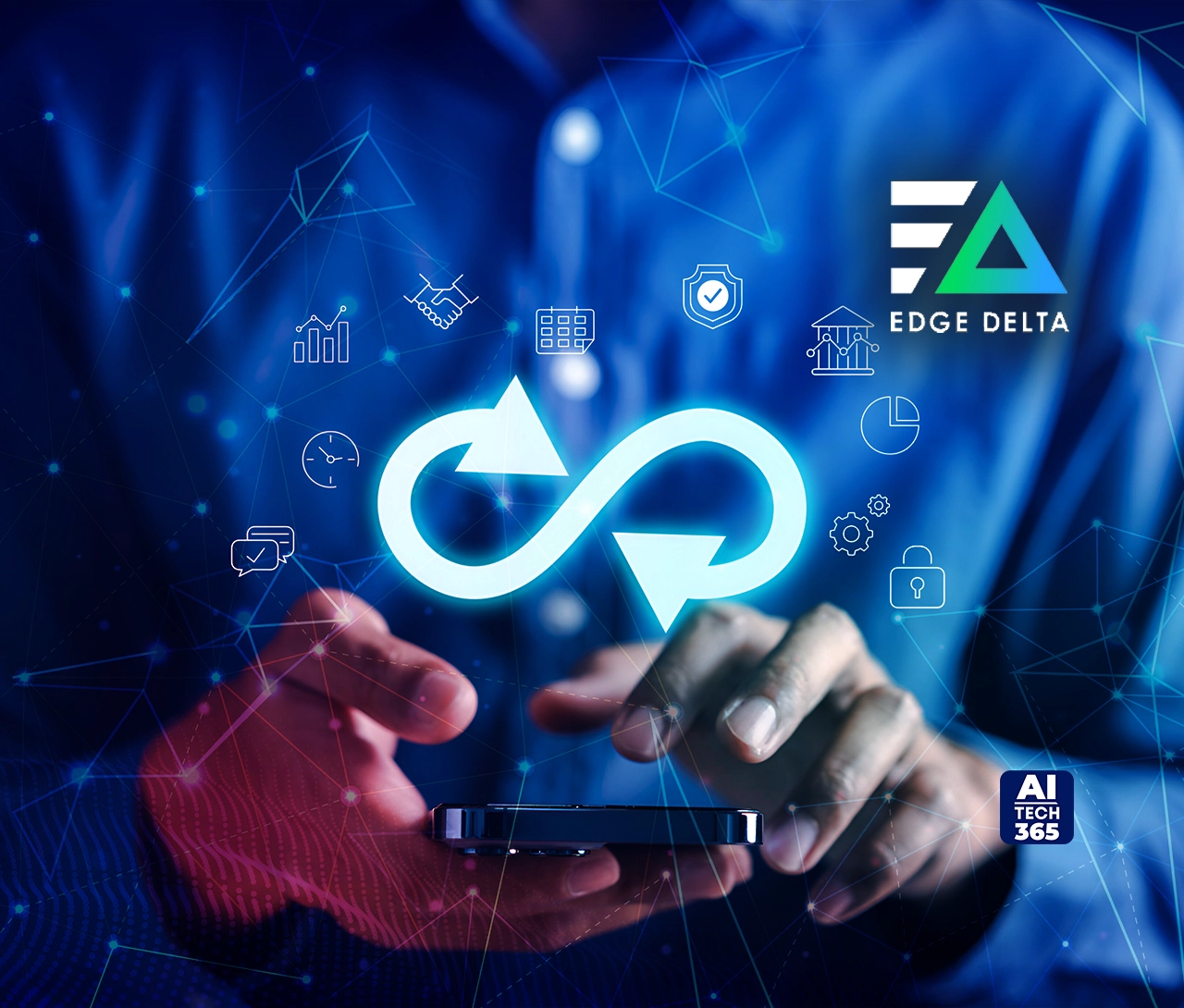Edge Delta, the leader in intelligent Telemetry Pipelines, announced the release of the Edge Delta Model Context Protocol (MCP) Server, a major step forward in integrating generative AI into observability and security workflows at petabyte scale.
The MCP Server is built on the open Model Context Protocol (MCP) standard, originally developed by Anthropic. This new server allows developers to seamlessly connect large language models (LLMs) with the data sources, tools, and environments that drive modern engineering — cutting root cause analysis from hours to seconds for cloud-scale teams.
“Every few years, a breakthrough reminds us just how far we’ve come. The Edge Delta MCP Server is one of those moments,” said Fatih Yildiz, CTO of Edge Delta. “It brings the power of generative AI directly into developers’ workflows — enabling smarter decisions, faster root cause analysis, and deeper insights from telemetry data, right from the IDE.”
What Is the Model Context Protocol (MCP)?
The Model Context Protocol (MCP) is an open standard that defines a client-server architecture for integrating LLMs with external tools and environments. It consists of:
- MCP Hosts – Applications like Claude or OpenAI that manage LLM prompts
- MCP Clients – Local agents that maintain connections with the server
- MCP Servers – Infrastructure that connects these agents to external systems like Edge Delta
By acting as the connective tissue between AI models and the Edge Delta platform, Edge Delta’s MCP Server allows teams to skip manual API integrations and tap into powerful, AI-enhanced workflows out of the box.
Also Read: Perforce Unveils Cost-Effective, Supported Kafka Alternative for Enterprises
Key Benefits of the Edge Delta MCP Server
Edge Delta’s MCP Server acts as an intelligent interface between LLMs and telemetry data, enabling:
- Instant Root Cause Analysis – Ask natural language questions like “Why did error X spike?” and receive log patterns, metric deltas, and probable causes.
- Adaptive Pipelines – Let AI recommend sampling rules, alert thresholds, or suppression logic in real time.
- Seamless Integrations – Connect data insights from Edge Delta to tools like Slack, GitHub, or internal knowledge bases without writing custom code.
Once configured, users can inspect and manage their observability and security data using simple prompts within their IDE — turning complex telemetry queries into fast, structured responses powered by the Edge Delta platform.
Getting started is as easy as updating a configuration file — no need for complex authentication or bespoke integrations.
Source: PRNewswire

